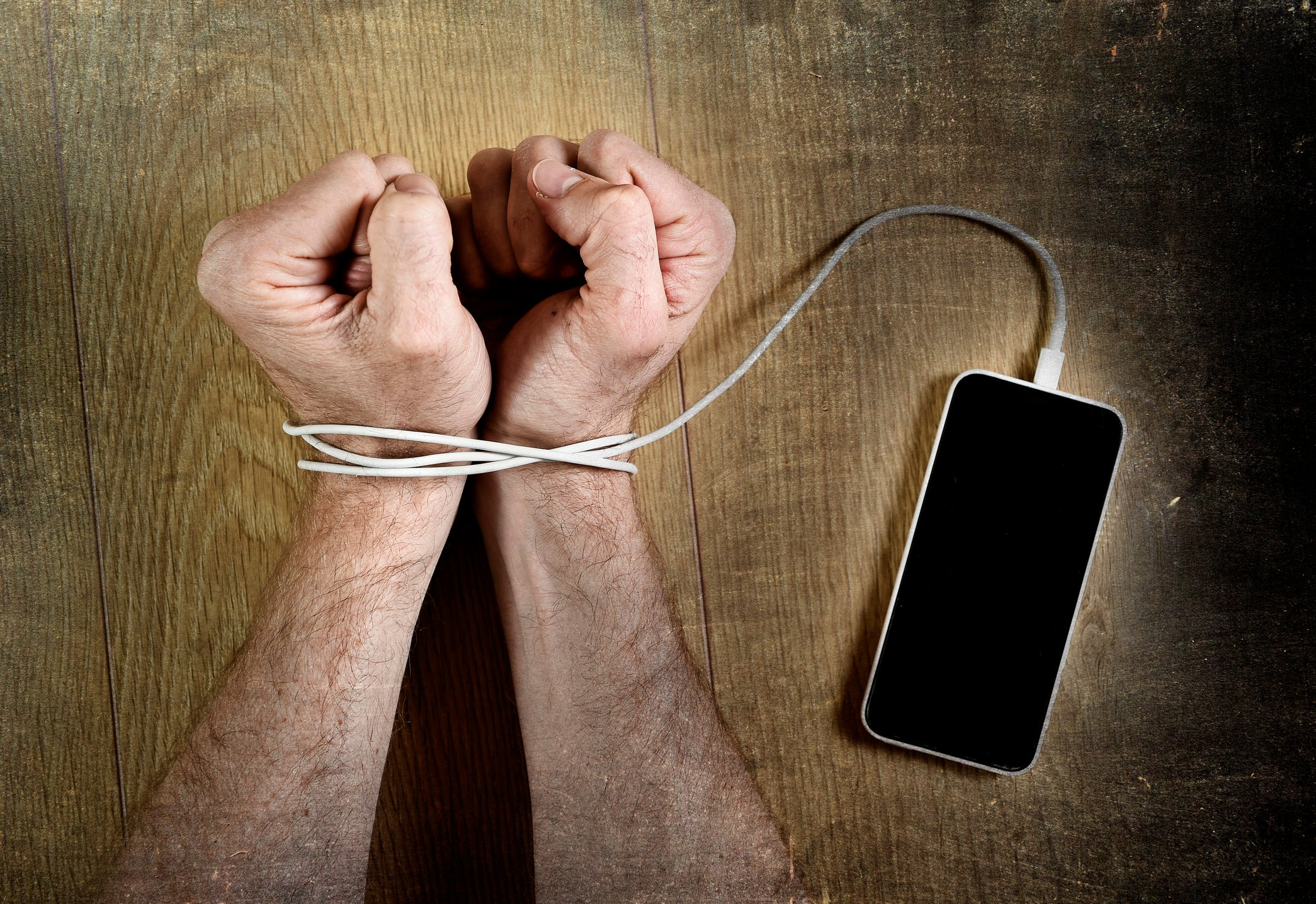Three practical ways to break your smartphone addiction according to digital detox experts
Reclaim the power from the little screen in your pocket

The average British adult now spends an incredible eight hours and 41 minutes looking at a digital screen every day, which is longer than we spend asleep.
What’s more, most of that screen-time is spent looking at our phones, which we check 150 times a day on average.
As the functionality of our phones has increased, we’ve become increasingly dependent on them.
Most of us - particularly millennials - would admit to being hooked on our phones, but this is hampering our productivity, our relationships and our health.
The trouble is, it’s addictive. Likes and shares stimulate the dopamine in our brains much in the same way as sex, drinking or gambling, and that’s why we keep going back for more.
But is there any way we can reduce our dependency on our digital devices? We asked three digital detox experts for their top tips on breaking smartphone addiction.
Set boundaries
Tanya Goodin, Founder of Time To Log Off
Breaking an addiction or dependency is all about creating new, healthy, habits. We suggest beginning by setting small boundaries around your smartphone or social media use. Thinking about boundaries around time and place are a good place to start.
A boundary around time could be “I never check my phone after 10pm” or “I'm always offline on a Sunday.”
A boundary around place could be “my phone is never on the table when I'm eating” or “I don't have my phone in the bedroom when I'm sleeping”.
Switch off your notifications
Holland Haiis, author of Consciously Connecting: A Simple Process to Reconnect in a Disconnected World
Shutting off all notifications is a must if you want to remain sane. It's impossible to stay focused on any person, place or thing if you keep hearing pings and dings every few seconds.
Studies have shown that we cannot multi-task and when trying to do so it actually takes us much longer to complete our tasks.
And when socialising, put your phone away: seeing a device on the table triggers the brain to start thinking about emails and texts and further disconnects you from the people right in front of you.
Test yourself
Frances Booth, author of The Distraction Trap: How to Focus in a Digital World
A good first test is to see if you can go to the corner shop without your smartphone. If you want to take a bigger step then doing a digital detox can really help you get back in balance.
It’s amazing what a difference just one day off from being constantly connected can make. You get a sense of having time for things, and being able to think without constant interruptions.
There are pressures of living in a constantly connected world. We need to acknowledge and deal with this.
Join our commenting forum
Join thought-provoking conversations, follow other Independent readers and see their replies
Comments
Bookmark popover
Removed from bookmarks